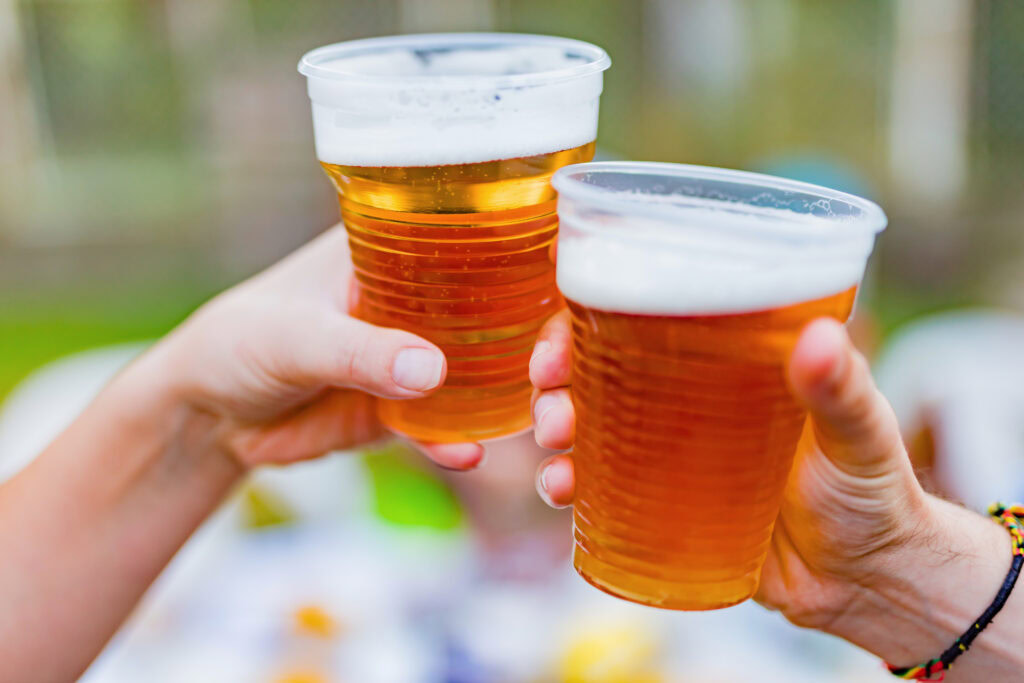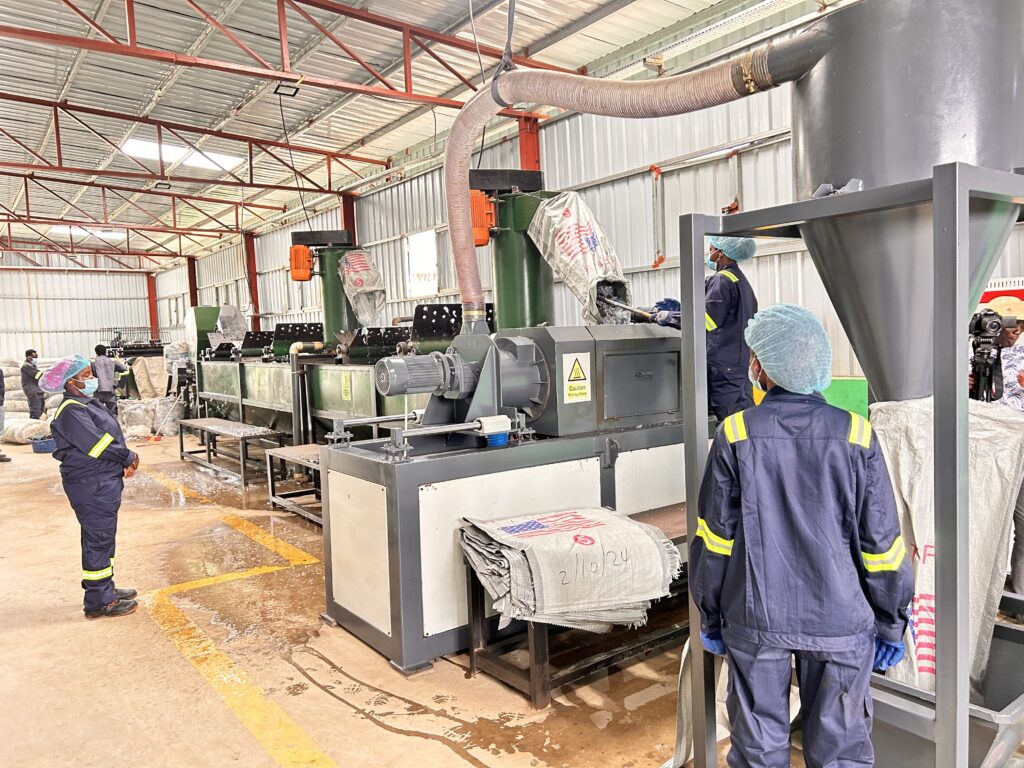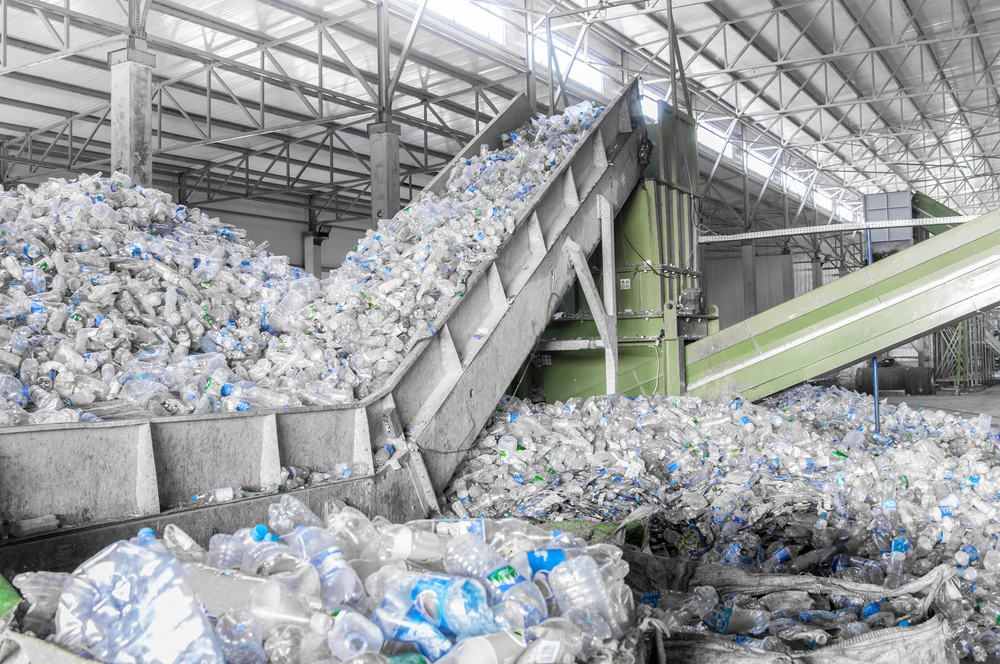According to the programme this centre will develop “efficient” waste management infrastructure for the region and create 50 new jobs for the local population. The facility is expected to process up to 500 tonnes of plastic waste per month and is predicted to support the supply of certified and traceable “premium quality” recycled plastic to markets worldwide.
The opening of the facility follows Prevented Ocean Plastic’s announced goal to open 25 centres by 2025. Since this announcement, the body has added 20,000 tonnes of recycled plastic processing capacity per year in regions vulnerable to ocean plastic pollution.
According to Prevented Ocean Plastic, at least “eight million tonnes of plastic” leaks into the ocean- said to be the equivalent of one garbage truck being dumped into the ocean every minute).
Pollution
Raffi Schieir, director of Prevented Ocean Plastic, said: “Indonesia is a country of 17,000 islands, with no drinkable water from the tap. Along with other factors, this contributes to the country being ranked the number two source for ocean plastic pollution.
“Makassar is the second centre we have opened with the support of USAID in Indonesia, working together to create brick and mortar infrastructure to support informal plastic collection in the region for substantial impact.”
The centre was funded by the USAID’s Clean Cities Blue Ocean Initiative and follows the opening of Prevented Ocean Plastic’s collection centre in Semarang, Indonesia which was also funded by the USAID.
‘Proud’
Clare Romanik, USAID’s lead ocean plastics and urban advisor, said: “USAID is proud to partner with Prevented Ocean Plastic Southeast Asia to build an inclusive circular economy across Indonesia. This partnership demonstrates the power of blended finance as a model to scale solutions to the plastic crisis.”
Every centre built by the organisation is said to follow the Prevented Ocean Plastic Standards, which were developed in accordance with the Ethical Trading Initiative (ETI) and follow the code of good practice, developed by the global membership organisation for credible sustainability standard (ISEAL).










Subscribe for free